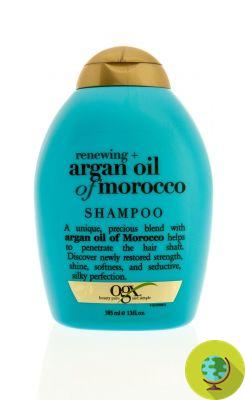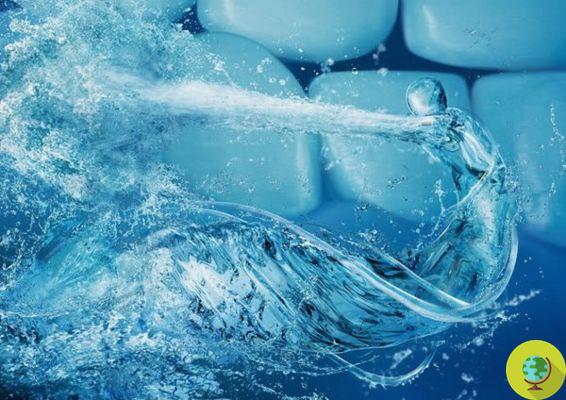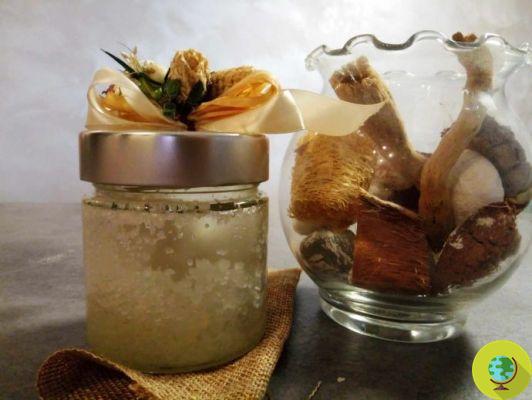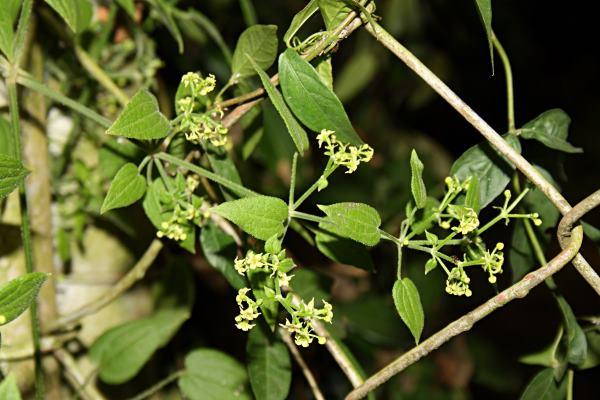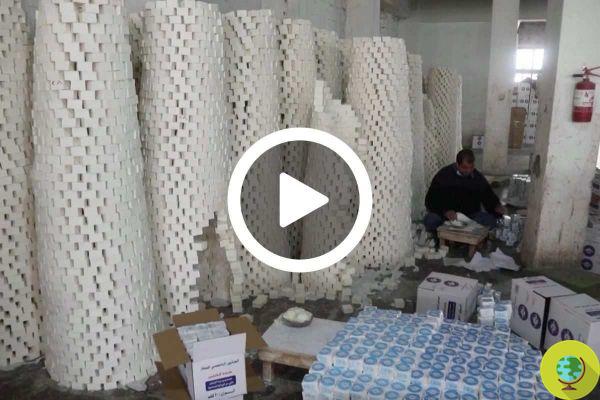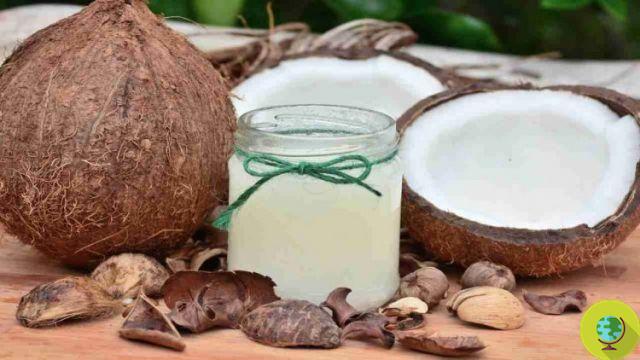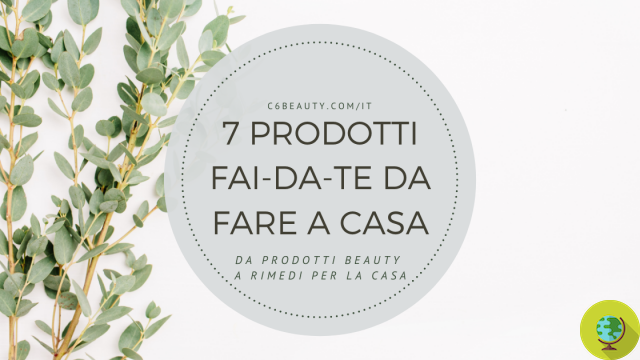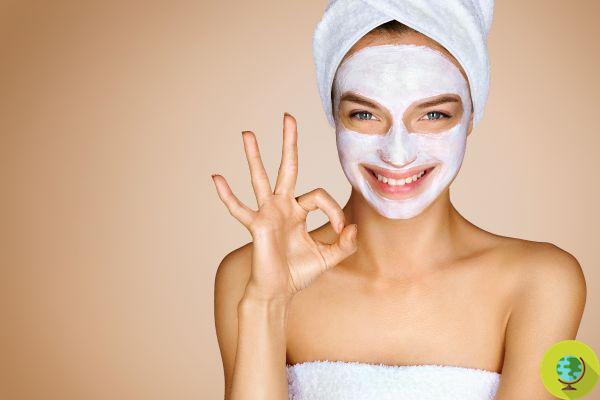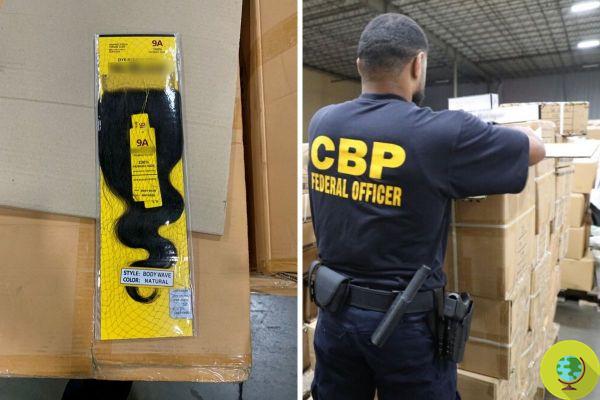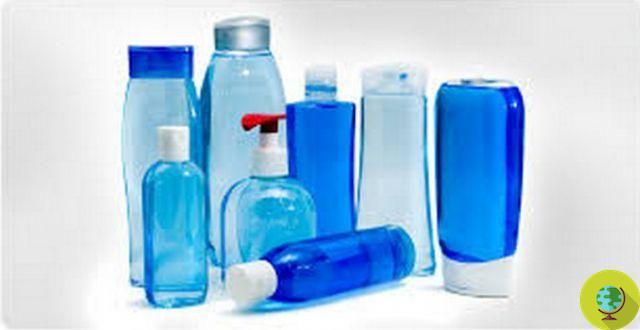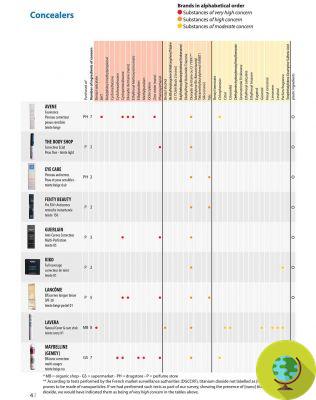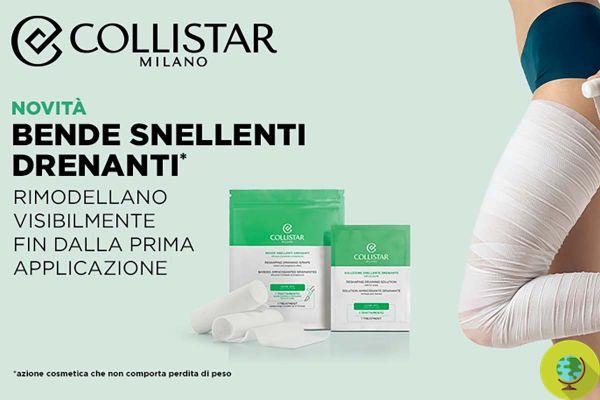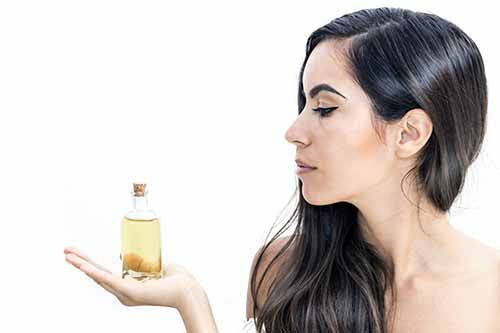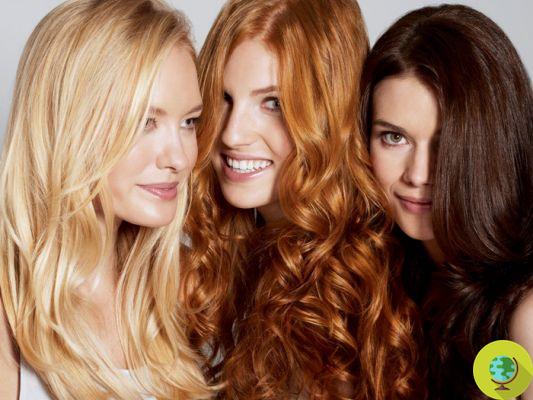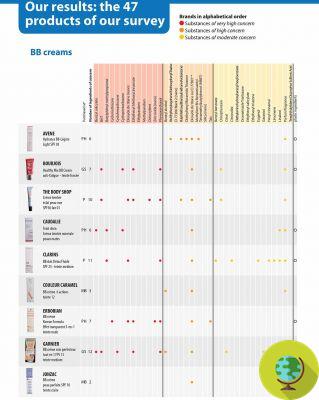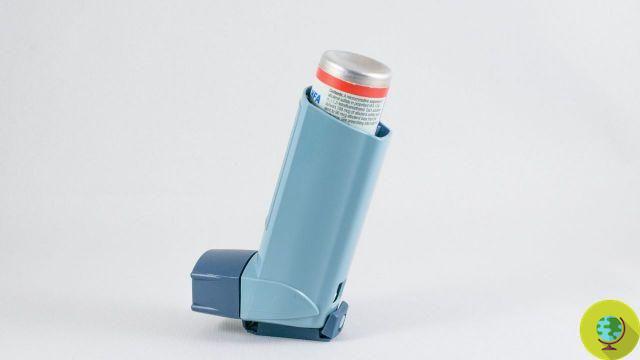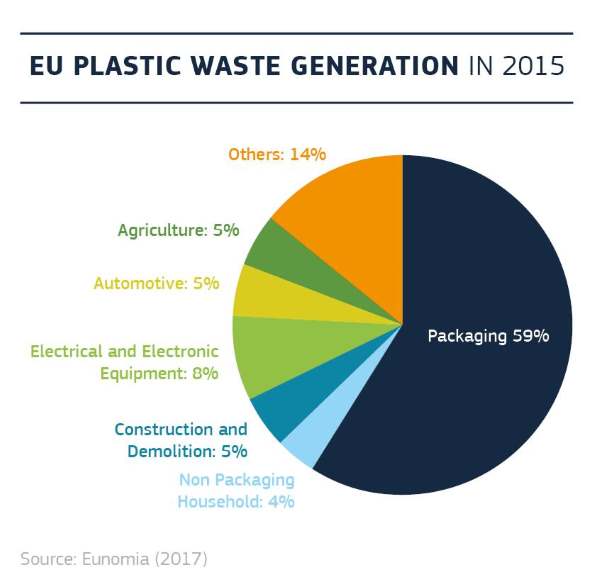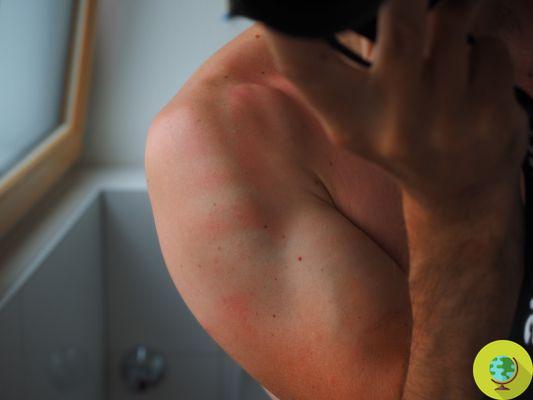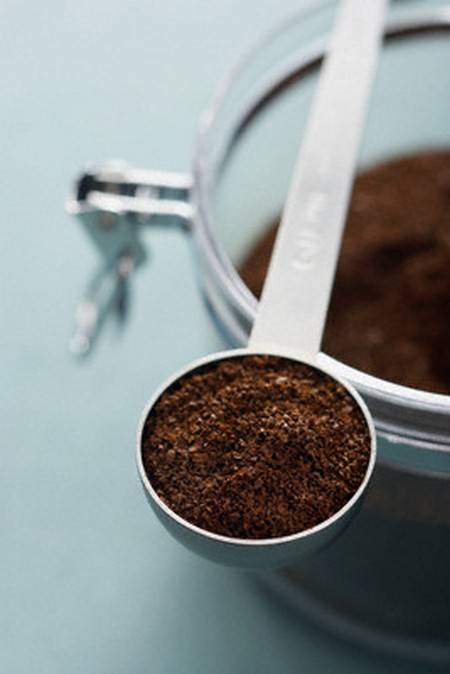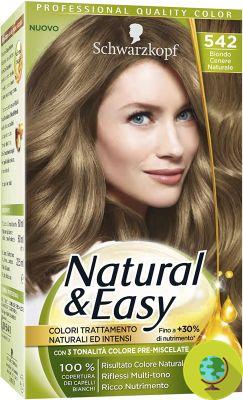The triclosan in Colgate toothpastes is days numbered. At least according to reports from El Pais who assures that the brand is planning for February 3, to coincide with the SuperBowl in Atlanta, the launch of the new Colgate Total without this controversial disinfectant.
Don't store avocado like this: it's dangerousIl triclosan his days are numbered in Colgate toothpastes. At least according to reports from El Pais who assures that the brand is planning for February 3, to coincide with the SuperBowl in Atlanta, the launch of the new Colgate Total without this controversial disinfectant.
The new triclosan-free version of Total toothpaste that will be launched early next month, according to the US multinational, is the result of 10 years of work. Yet Colgate-Palmolive, which had already removed triclosan from its soaps, had always defended this substance, supporting its safety and advantages in toothpastes for its sanitizing and antibacterial power. Although the American FDA had warned and brought to light consumers the possible correlations between triclosan and increased antibiotic resistance as well as being considered a potent endocrine disruptor like bisphenol A and dioxin, the multination has always reassured:
“The independent scientific committees of the European Commission have evaluated triclosan several times and concluded that it is a safe component for a toothpaste. - reads on the Colgate website - The Scientific Committee on Cosmetic and Non-Food Products (Scientific Committee on Cosmetic and Non-Food Products, SCCNFP) in 2002, the Scientific Committee on Consumer Products (SCCP) in 2002 and 2006 and the Committee The Committee Consumer Safety Science (SCCS) in 2011 decided to consider the use of safe 0,3% triclosan, the concentration found in Colgate Total ®, in toothpastes. As a result, an April 2014 amendment to the EU Cosmetics Directive confirmed the use of triclosan, with a concentration of up to 0,3%, in toothpastes. In addition, the two EU health authorities (MHRA in the UK and HPRA in Ireland) who tested Colgate Total ® with triclosan have approved it as a safe and effective medical toothpaste. "
Change of course, therefore, for the famous toothpaste with the stars, even if triclosan remains present in many products of daily use, from those for cleaning the house to deodorants, from beauty items to mouthwash. But what exactly is it and is it really that dangerous?
Triclosan is a potent chemical compound used as a preservative that can protect against bacterial infections, but recently indicted by both the FDA and the SCCS, the European Commission's Scientific Committee on Consumer Safety. Indeed, the maximum concentration allowed by the EU is 0,3% for toothpastes and other cosmetic products such as soaps, deodorants and shower gels, while 0,2% for mouthwashes. The problem arises from the fact that this substance accumulates over time to far exceed the levels recommended and considered safe, as also highlighted by a study from the University of Massachusetts that analyzed the bristles of toothbrushes and demonstrated how the accumulation of triclosan multiply up to 12,5 times the usual dose to which we expose ourselves with the daily use of a toothpaste with this ingredient. But that's not all, because exposure to triclosan persists even up to two weeks later.
But what are the consequences and health dangers of this disinfectant? At the moment there are no certain studies on its harmfulness, but not even research that exonerates it, indeed. Certainly its action as an endocrine disruptor, ie a substance that interferes with hormones, should not be underestimated. A study has shown that exposure to high doses of triclosan causes a decrease in the levels of some thyroid hormones, but this is a research conducted on animals that does not take into account prolonged exposure to small doses as occurs daily in humans. .
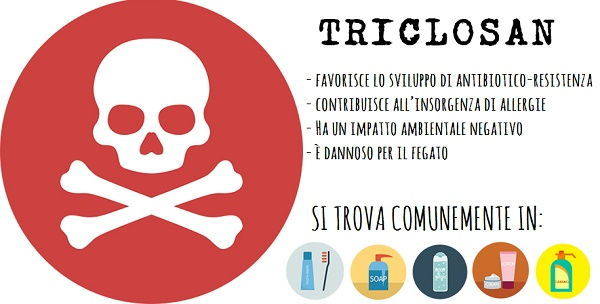
Furthermore, its activity as an endocrine destroyer, in particular of estrogens, female hormones and the correlation with the emergence of antibiotic resistance as well as the negative impact on the aquatic environment has also been ascertained. Its liver toxicity and possible carcinogenicity were also confirmed in a 2014 study.
In short, when in doubt, it is better to do without it and the fact that one of the largest giants in the world is doing without it, represents a first, big step to hope to eliminate it completely from our daily life.
On triclosan you may also be interested in:
- Triclosan in toothpastes and soaps: what health risks
- Antibiotic resistance: triclosan under accusation
- Antibacterial soaps: according to the FDA, they could increase resistance to antibiotics
- Triclosan can cause severe liver damage, including cancers
- Triclosan in detergents and cosmetics soon banned in the US
Simona Falasca




